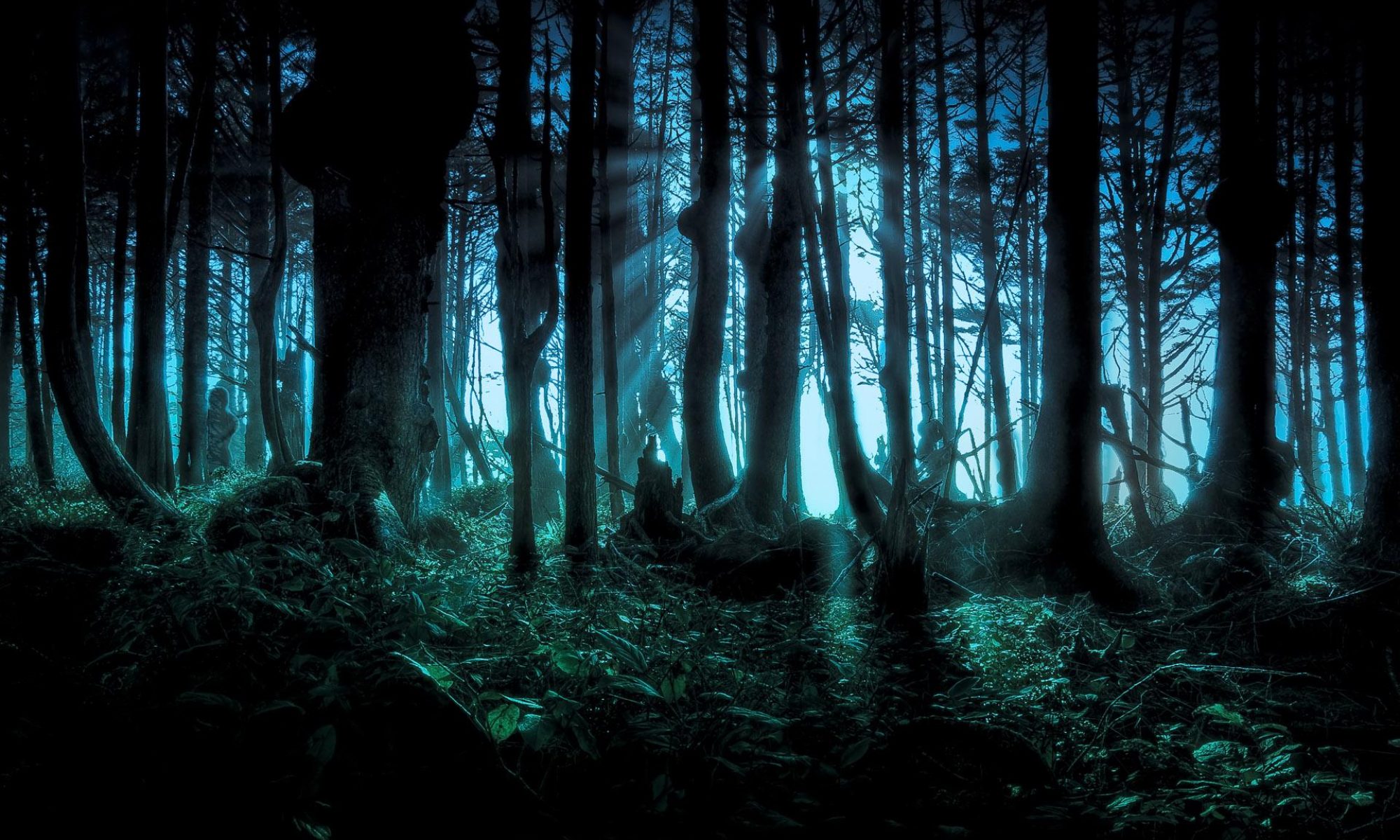Loss. Bone deep, heart-wrenching pain leaving you staring dry-eyed while you scream inside. There is nothing anyone can say or do or try that will bring you back from it until you feel the jerk of your heartbeat and you inhale deeply enough that your lungs work.
It doesn’t have to be something huge like someone you lost or something you lost. It could be simple enough as a friendship or a treasured item, but the kind of loss causes elemental pain.
Remember a few things: it’s okay to feel, grieve, and process. Just don’t obsess.
Give yourself a specific time frame to grieve. Go all out, ice cream, isolation, loads of tissues, loads of alcohol and sad movies that jerk those tears from your eyes. Allow yourself to do this all, but when the alarm clock chimes on the designated date, you need to stop … shower, shave and show up. This doesn’t mean that you bury how you feel or what some things mean to you … it means that you give a time and date to the end of your wallowing and then find meaning and purpose once again.
The process has value, but it doesn’t mean that you forget your loss. It means that you learn from it.
Learn the value of having that person in your life, remember the lessons you learnt, remember: the joy and the good times you had, that they live with you as a part of you, part of your past, part of what made you.
The key to moving on from grief is to allow yourself to love them even though they are gone.
Society dictates that you be strong. You do not allow your emotions to show; you do not allow yourself to feel.
Some cultures frown on emotions; they see them as a sign of weakness, but here is a thought.
Why were we designed to cry if emotions are a sign of weakness? Shed tears when we feel angry, sad, frustrated or overwhelmed?
Feeling emotions and displaying them is something we are all allowed to do. There are old sayings which we call cliches’ but where did they come from?
“men don’t cry.”
“Cowboys don’t cry.”
“emotions are private.”
Those who say these cliches are uncomfortable people intimidated by others who are brave enough to display emotion publically, who do not want to acknowledge that their actions produce feelings, which causes someone to cry.
It makes people remember to feel and acknowledge that others are affected by their thoughtless brutality.
Most of all. It reminds humanity that there is something else worth living for than themselves, frightening for most. For others, it’s a reminder of our purpose on this earth. We are not living for ourselves.
The best thing to do while recovering from a heart-wrenching loss is to focus on those who need more than you do. Be content with what you have and find how to help others less fortunate than yourself.
